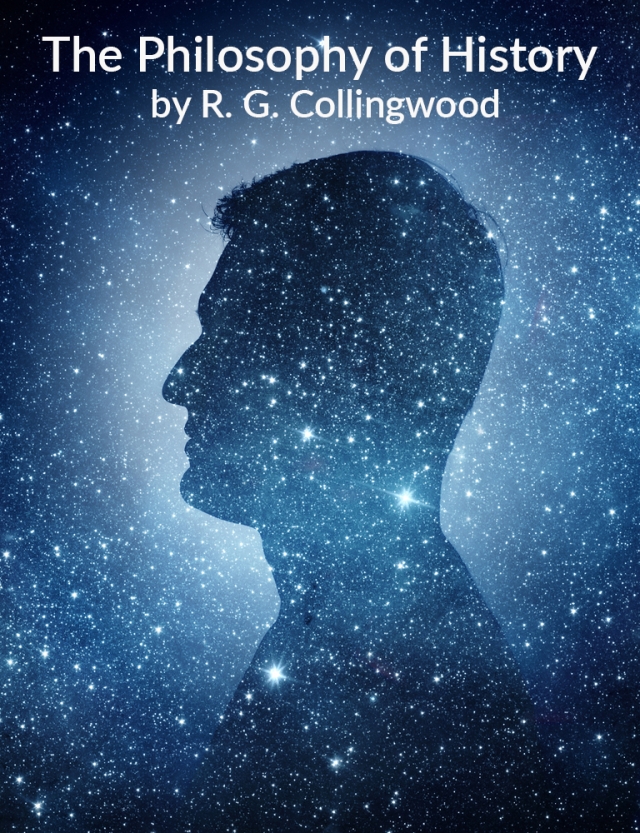The Philosophy of History
Classic Pamphlet

Thinking about the world as a whole
Philosophy is thinking about the world as a whole. To study the nature of selected parts of the world is to be a scientist; to study its nature as a whole is to be a philosopher. Thus, it is the business of one kind of scientist – the mathematical physicist – to study matter and motion; but if anyone says that matter and motion are the only things that exist, he is talking not physics but philosophy. The biologist studies organisms; but Professor Whitehead, when he says that the world is an organism (Process and Reality, 1929) is being a philosopher, not a biologist.
In more technical and accurate language, philosophy studies the universal and necessary characteristics of things: science their particular and contingent characteristics. An embryologist studies an egg, but only a few of its characteristics, not all of them; a geometrician, looking at the same egg, will study others; a philosopher, others again. The geometrician studies its shape, and shape is an attribute possessed by many things, but not by all; it is therefore a particular, not a universal, characteristic of things. The embryologist studies certain attributes which the egg shares with other organisms in the early stages of their life, and these, too, are particular, not universal, attributes. The philosopher studies such attributes as its unity, its existence, its substantiality; these attributes it shares with all other things whatever.
This resource is FREE for HA Members.
Non HA Members can get instant access for £3.49

